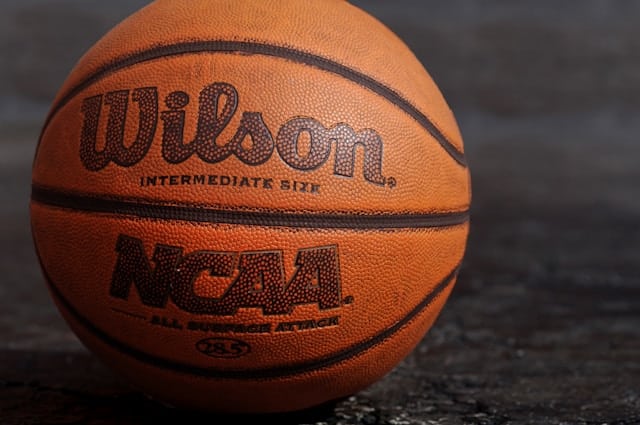The NCAA is facing yet another antitrust suit, this time brought by the states of Tennessee and Virginia. The plaintiffs allege that the NCAA’s rules limiting the NIL opportunities available to prospective athletes violate federal antitrust laws.
Why Did Tennessee and Virginia Sue the NCAA?
Until 2021, the NCAA prohibited student athletes from profiting from the use of their name, image, and likeness (NIL). After the United States Supreme Court ruled in Alston v. NCAA that the NCAA may not prohibit schools from paying for students’ academic-related expenses, the NCAA issued an interim NIL policy allowing schools to create their own NIL rules.
In response to confusion about how the policy applies to prospective student-athletes, the NCAA provided its member institutions with additional guidance on its rules. The NCAA clarified that the same types of NIL opportunities available to current-student athletes are available to prospective student athletes, including the ability to enter into NIL agreements with boosters or collectives. However, these agreements “(1) must be quid pro quo—i.e., must ‘include the expected NIL deliverables by a student-athlete in exchange for the agreed upon compensation’ and must compensate student-athletes for ‘work actually performed’; (2) cannot be an improper inducement, i.e., cannot be ‘contingent upon enrollment at a particular school’; and (3) cannot provide ‘compensation for athletic participation or achievement.’” Further, student-athletes may not receive compensation directly from member institutions.
“Collectives” are independent businesses, separate from any of the NCAA’s member institutions, that often provide NIL opportunities to student-athletes at a specific university and are typically funded by contributions from that university’s donors and supporters. The plaintiffs assert that because collectives “generally support and promote athletes and teams for a specific institution,” the NCAA’s rule against agreements being contingent upon enrollment at a particular school “prevent[s] prospective student-athletes from negotiating NIL deals during the recruiting process.” Plaintiffs refer to this rule as the “NIL-recruiting ban.”
The Claims
Tennessee and Virginia bring their claims under section 1 of the Sherman Antitrust Act of 1980, alleging that the NIL-recruiting ban is a “horizontal restraint on trade” in violation of the Act. A horizontal restraint is one which limits competition between two or more competitors in a given market. Section 1 makes it illegal to restrain trade or commerce, but the United States Supreme Court has held that the Act prohibits only “undue” and “unreasonable” restraints.
Historically, the Supreme Court has used the “Rule of Reason” to evaluate the reasonableness of restraints, such as the one implemented by the NCAA here. Under the Rule of Reason, the plaintiff must first show that the restraint “has a substantial anticompetitive effect that harms consumers in the relevant market.” If shown, then the defendant must show a “procompetitive rationale for the restraint.” If the defendant does this successfully, then the plaintiff finally must show “that the procompetitive efficiencies could be reasonably achieved through less anticompetitive means.”
Plaintiffs allege in their complaint that the NIL-recruiting ban constitutes an “illegal agreement to restrain and suppress competition” within the NCAA Division I labor market. Specifically, they argue that the ban limits competition among collectives, decreases the supply of NIL deals available to prospective student-athletes, and prevents those athletes from having full access to the market.
Preliminary Injunction
On February 24, 2024, a Tennessee federal judge granted the Plaintiff’s request for a preliminary injunction against the NIL-recruitment ban. This means that during the duration of the case, the NCAA will not be able to enforce its rule against NIL agreements that are contingent upon enrollment at a particular school. However, the parties must further litigate the case before the court decides whether to grant a permanent injunction against the NIL-recruitment ban. As part of the court’s decision to grant the preliminary injunction, the court held that the Plaintiffs have a high likelihood of success on the merits, meaning that the Plaintiffs are likely to prevail in this case.
Conclusion
Antitrust claims and defenses are very fact specific. If you have a potential claim or are facing a lawsuit, speak with a member of our team for next steps.
Contributions to this blog by Laina Henry.



